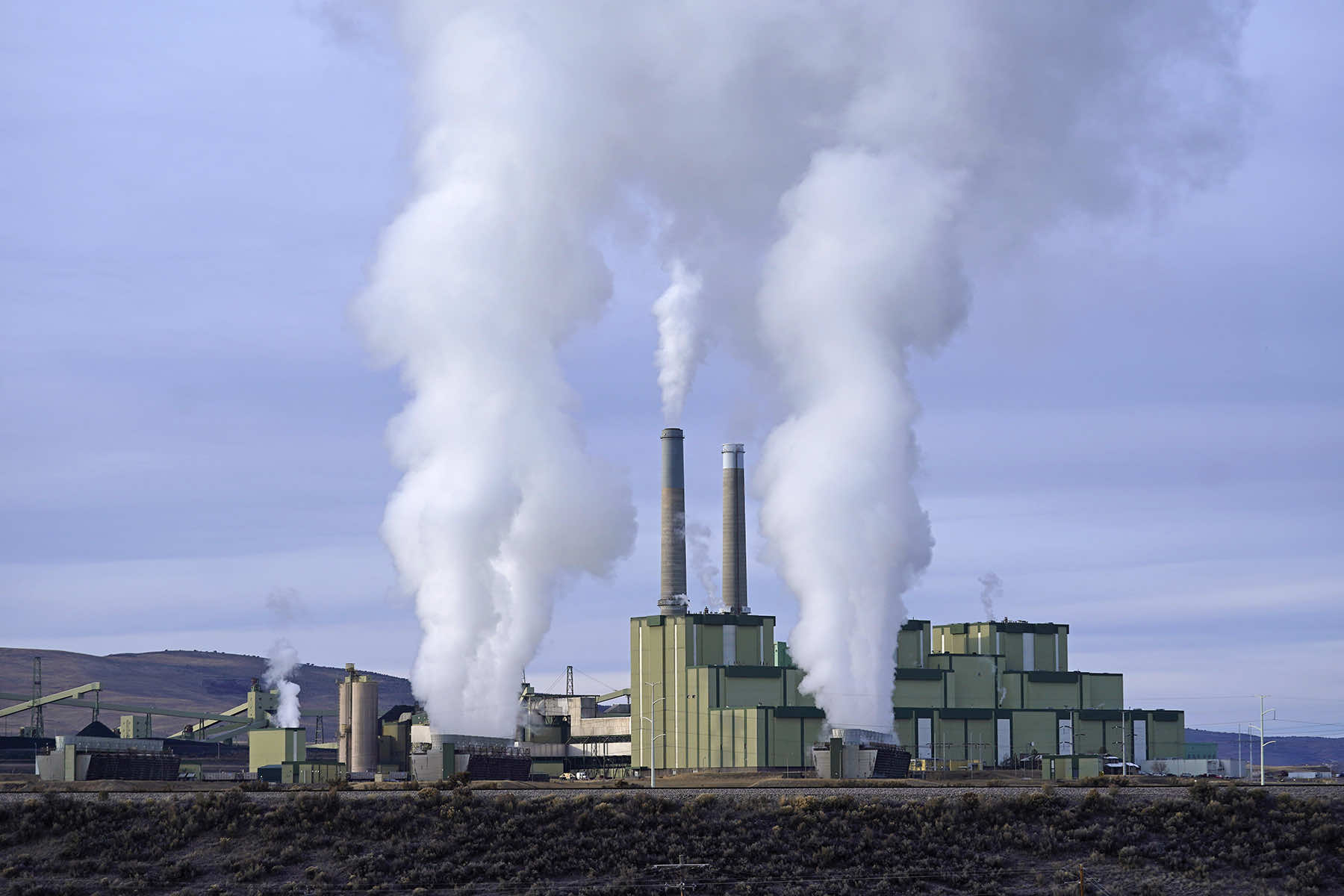
The U.S. Securities and Exchange Commission paused the implementation of its new climate disclosure rule while it defended the regulation in court.
Wall Street’s top regulator voted in March on the final rule, which required some public companies in the U.S. to report their greenhouse gas emissions and climate risks. The measure faced legal challenges almost immediately.
Publicly traded companies would have been required to say more in their financial statements about the risks climate change poses to their operations, and their own contributions to the problem. But the version approved was weaker than an earlier draft.
The SEC said in April it had stayed the rule in part to avoid regulatory uncertainty for companies that might have been subject to the rule while litigation against it proceeds. The rule is pending review in the U.S. Court of Appeals for the Eighth Circuit.
The rule adopted in early March was watered down from what the nation’s top financial regulator had proposed two years ago, after it faced lobbying and criticism from business and trade groups and Republican-led states that argued the SEC had overstepped its mandate. But that did not stave off lawsuits.
The rule was one of the most anticipated in recent years, drawing more than 24,000 comments from companies, auditors, legislators, and trade groups over a two-year process. It would have brought the U.S. closer to the European Union and California, which moved ahead earlier with corporate climate disclosure rules.
The rule passed 3-2, with three Democratic commissioners supporting it and two Republicans opposed.
After the final rule was approved, environmental groups including the Sierra Club also sued, saying the SEC’s weakened rule did not go far enough.
The narrowed rule did not include requirements that companies report some indirect emissions known as Scope 3. Those do not come from a company or its operations, but happen along its supply chain — for example, in the production of the fabrics that make a retailer’s clothing — or that result when a consumer uses a product, such as gasoline.
The SEC said it would continue “vigorously defending” the validity of its climate rule and believes that it had acted within its authority to require disclosures important to investors. A stay would “allow the court of appeals to focus on deciding the merits,” the SEC said in a statement.
Michael Littenberg, an attorney with Ropes & Gray and the head of the firm’s environmental, social and governance or ESG division, said the stay was unlikely to be a factor in the ultimate fate of the SEC’s regulation.
And while some companies may delay efforts to comply with the SEC’s measure, “it’s not pencils down on climate disclosure more generally,” Littenberg said.
Companies are already collecting data and climate-related information to comply with similar rules in other jurisdictions, such as California and the European Union, which recently moved ahead with their own disclosure requirements. California’s rule has also been challenged in court.
Jon Solorzano, an attorney with Vinson & Elkins who advises companies on ESG topics, said the uncertainty surrounding the SEC’s rule presents more challenges for smaller companies than large ones.
“That’s where it gets tricky because they don’t have unlimited resources,” Solorzano said. “This is at a genuine cost to their business … how much they should be investing in something that may or may not come to pass.”
In addition to reporting greenhouse gas emissions, the SEC rule requires U.S.-listed companies to publicly report their climate-related risks and information about their plans to transition to a low-carbon economy.
“Climate risk is financial risk. This is a sensible rule to protect investors,” said Elizabeth Derbes, director of financial regulation and climate risk at the Natural Resources Defense Council. “What’s wrong with this rule is that it needs to do much more,” she added. “Investors have been pressing for mandatory disclosure of greenhouse gas emissions, and the agency needs to give them a fuller picture of companies’ risk exposure.”
The SEC’s reporting requirements would not have taken effect until 2026.















